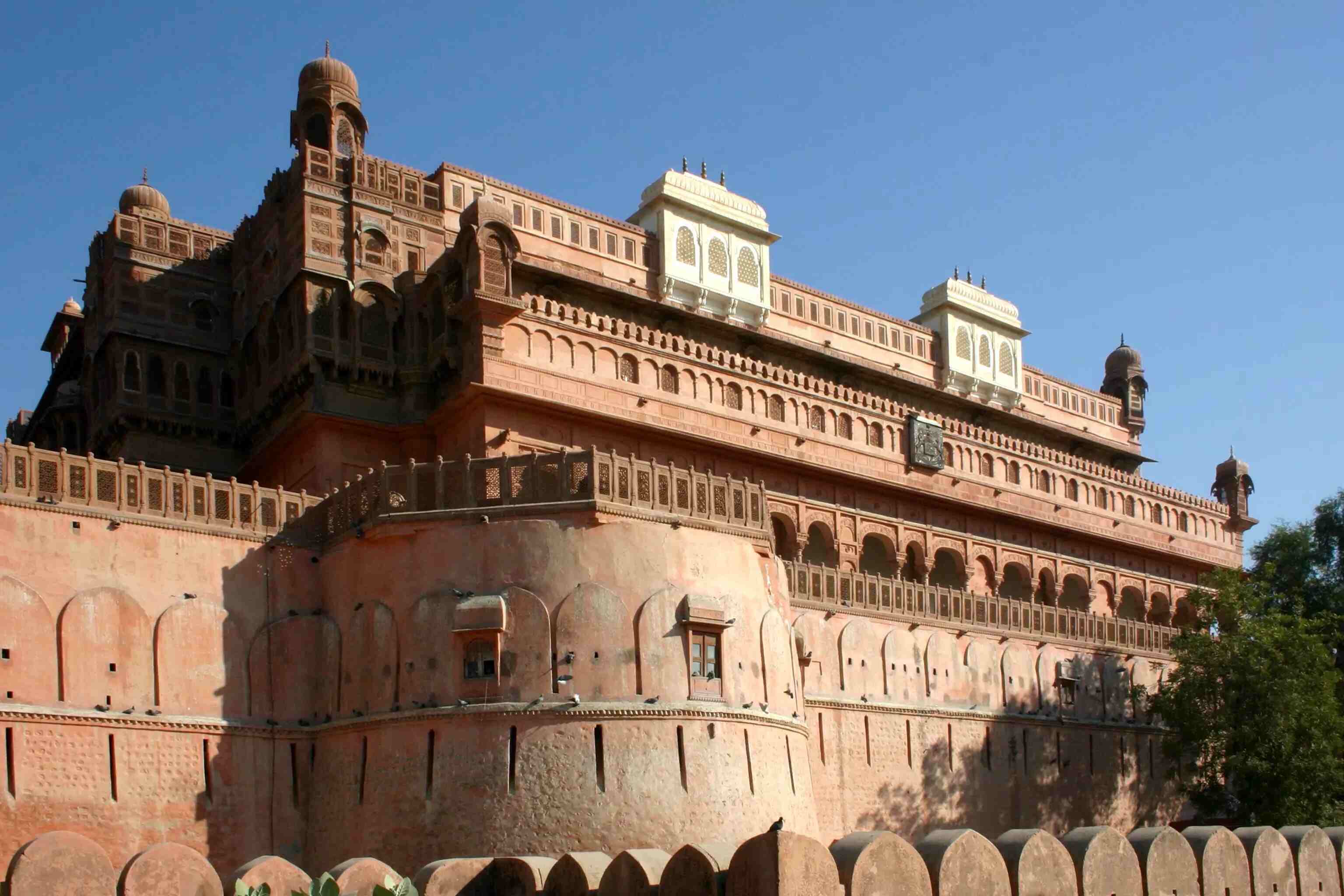
Why was the annexation of Junagadh significant? The annexation of Junagadh in 1947 was a pivotal moment in Indian history. This princely state, located in present-day Gujarat, chose to join Pakistan despite having a predominantly Hindu population. This decision led to widespread unrest and a complex political situation. India's intervention and subsequent annexation of Junagadh highlighted the challenges of integrating princely states into the newly independent nations of India and Pakistan. The event also underscored the importance of geopolitical strategy and the will of the people in determining national boundaries. Understanding this historical episode offers insights into the broader narrative of India's partition and the formation of its modern political landscape.
Key Takeaways:
- The annexation of Junagadh involved a complex political struggle between India and Pakistan, ultimately leading to its integration into India and shaping the region's cultural and social landscape.
- The people of Junagadh played a crucial role in opposing the Nawab's decision to join Pakistan, leading to a plebiscite and the region's eventual integration into India.
The Historical Context of Junagadh
Junagadh, a princely state in British India, holds a fascinating history. Its annexation is a tale of political intrigue, cultural significance, and strategic importance.
- Junagadh was a princely state in British India, located on the Kathiawar Peninsula in present-day Gujarat.
- The Nawab of Junagadh, Muhammad Mahabat Khanji III, decided to accede to Pakistan on August 15, 1947, despite the majority Hindu population.
- This decision led to significant unrest and opposition from the people of Junagadh and neighboring states.
The Role of India and Pakistan
The annexation of Junagadh involved complex interactions between India and Pakistan, each with its own strategic interests.
- India did not accept Junagadh's accession to Pakistan, arguing that the majority Hindu population favored joining India.
- Pakistan accepted Junagadh's accession, leading to a diplomatic standoff between the two newly independent nations.
- The Indian government imposed economic sanctions on Junagadh, cutting off essential supplies to pressure the Nawab.
The People's Movement
The local population played a crucial role in the events leading up to the annexation.
- A significant portion of Junagadh's population protested against the Nawab's decision to join Pakistan.
- The neighboring princely states of Kathiawar Peninsula supported the people's movement against the Nawab's decision.
- A provisional government, called the Arzi Hukumat, was formed by the people of Junagadh to oppose the Nawab's decision.
Military and Diplomatic Actions
India's strategic moves and diplomatic efforts were pivotal in the annexation process.
- Indian troops entered Junagadh on November 9, 1947, to restore order and support the provisional government.
- The Nawab of Junagadh fled to Pakistan, leaving the state in a state of administrative chaos.
- A plebiscite was held in February 1948, where over 99% of the population voted to join India.
The Aftermath of Annexation
The annexation of Junagadh had long-lasting effects on the region and its people.
- Junagadh's integration into India was completed on February 20, 1948, following the plebiscite results.
- The annexation led to improved infrastructure and development in Junagadh under Indian administration.
- The event strained India-Pakistan relations, contributing to the ongoing conflict over other princely states like Kashmir.
Cultural and Social Impact
The annexation also had significant cultural and social implications for the people of Junagadh.
- The integration of Junagadh into India led to a blending of cultural practices and traditions.
- Many residents of Junagadh who had fled to Pakistan during the unrest returned to their homes after the situation stabilized.
- The event is commemorated in Junagadh with annual celebrations and public events.
Legal and Political Ramifications
The annexation of Junagadh set important precedents in international law and politics.
- The annexation highlighted the principle of self-determination, as the people's will was respected through the plebiscite.
- It set a precedent for the resolution of disputes involving princely states in post-colonial India.
- The event is often cited in discussions about the legal and political status of other disputed territories in the region.
Modern-Day Junagadh
Today, Junagadh is a thriving part of India, with a rich history and vibrant culture.
- Junagadh is known for its historical monuments, including the Uparkot Fort and the Mahabat Maqbara.
- The city is a popular tourist destination, attracting visitors with its natural beauty and historical significance.
- Junagadh's economy has grown significantly, with agriculture, tourism, and industry playing key roles.
- The people of Junagadh continue to celebrate their unique heritage and the events that shaped their history.
Final Thoughts on Junagadh's Annexation
Junagadh's annexation is a fascinating chapter in history. It highlights the complexities of political decisions and the impact on people's lives. The princely state, with its rich culture and strategic location, became a focal point during the partition of India. The decision of the Nawab to accede to Pakistan, despite a majority Hindu population, led to significant tension and eventual integration into India.
Understanding these events helps grasp the broader narrative of India's independence and the challenges faced. It's a reminder of how historical decisions shape modern geopolitics. Junagadh's story isn't just about borders; it's about identity, governance, and the will of the people. This piece of history offers valuable lessons on leadership, diplomacy, and the importance of considering the populace's wishes in political matters.
Frequently Asked Questions
Was this page helpful?
Our commitment to delivering trustworthy and engaging content is at the heart of what we do. Each fact on our site is contributed by real users like you, bringing a wealth of diverse insights and information. To ensure the highest standards of accuracy and reliability, our dedicated editors meticulously review each submission. This process guarantees that the facts we share are not only fascinating but also credible. Trust in our commitment to quality and authenticity as you explore and learn with us.
